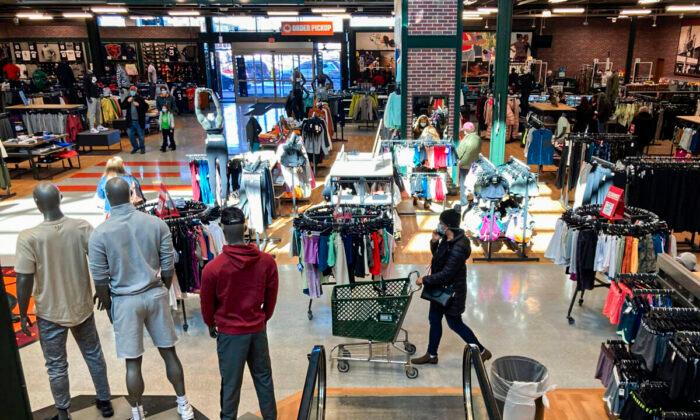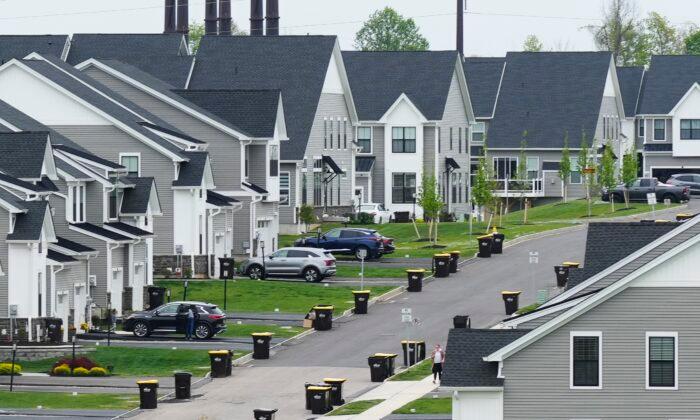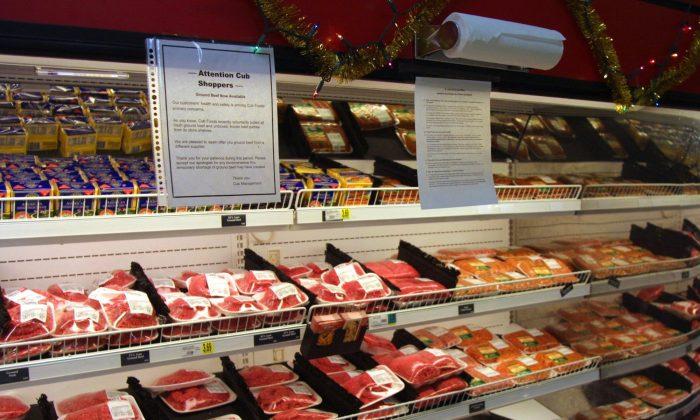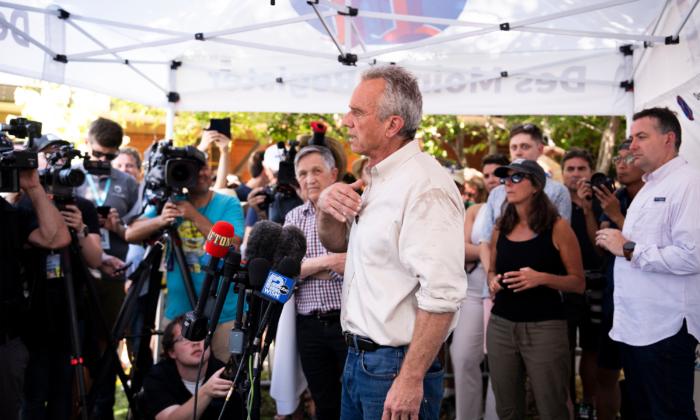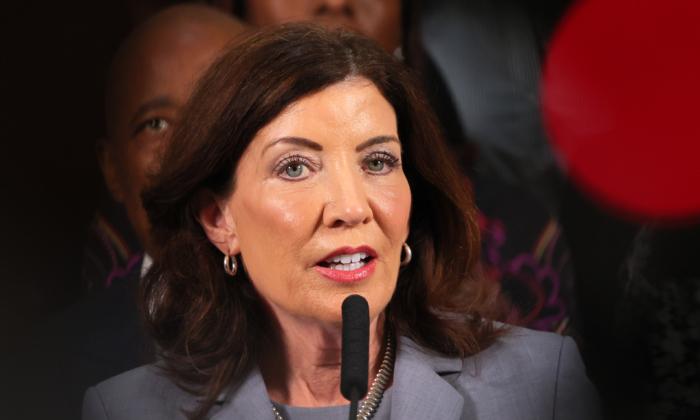American consumer confidence has begun to stumble at the start of the year, as recession fears grow.
The Conference Board, a business research group, reported on Jan. 31 that its consumer confidence index slightly fell 107.1 in January, down from 109 in December, which was the highest reading since April.
Households appear to be a bit less confident than they were at the end of last year as inflation and the chances of a recession begin to loom.
The news comes a week after the Fed’s preferred indicator of inflation, the Commerce Department’s Personal Consumption Expenditures (PCE) index, cooled to 5 percent in December from 5.5 percent the previous month.
Fed Likely To Raise Interest Rates Again
Most analysts believe that the Federal Reserve will push for a 25 basis point hike, with another one of that size at the following meeting.Prices still remain above policymakers’ 2 percent inflation target, as the central bank plans to declare its next move on interest rates on Feb. 1.
Fed Chair Jerome Powell declared that the Fed would not back down from its rate hikes until there were clear signs inflation had sharply declined.

Consumer Sentiment, Buying Habits
Meanwhile, the Conference Board’s present situation index, which surveys consumers’ assessment of current business and labor market conditions, rose to 150.9 from 147.4.It appears that consumers continue to express optimism about the stability of their incomes and the strength of the American job market, which has remained stable, even while the Fed has attempted to cool the U.S. economy with a series of massive borrowing rate increases.
The board’s expectations index, a measure of consumers’ six-month outlook for income, business, and labor conditions, declined to 77.8 in January from 83.4 in December.
A reading under 80 usually signals a recession in the coming year, the researchers at the board said.
The study team said that while plans to buy large budget items like cars held steady, long-term purchases such as homes continued to tumble, with higher interest rates and housing prices.
The National Association of Realtors reported earlier in January that sales of previously owned homes declined for the 11th straight month in December, with sales declining nearly 18 percent last year from 2021 after mortgage rates nearly doubled from the year before.
This has left the housing market in its worse position since the economic crisis of the late 2000s.

Personal spending, when adjusted for inflation, according to the PCE, dropped by 0.3 percent in December after falling 0.1 percent in November, after high prices hit consumers for the second month in a row.
Americans Making Use of Credit Cards
An increase in the use of credit cards and reduced spending over the crucial holiday shopping season had an effect on retail sales, which fell 1.1 percent last month.The end of government pandemic assistance has led some Americans to reach into their savings accounts or rely on credit.
Credit card defaults and car repossessions are on the rise, with low-income households finding it hard to adjust their spending in times of high prices.
Many survey respondents say that solid hiring, wage gains, and lingering savings from government pandemic checks have enabled them to keep up with rising prices.
However, the strength of the job market is coming into conflict with the Fed’s stated policy to slow spending and hiring to control inflation.
Last week, an estimate from the Commerce Department showed U.S. GDP rise to an annual pace of 2.9 percent in the fourth quarter, a slight drop from the third quarter but better than most economists’ projections.
